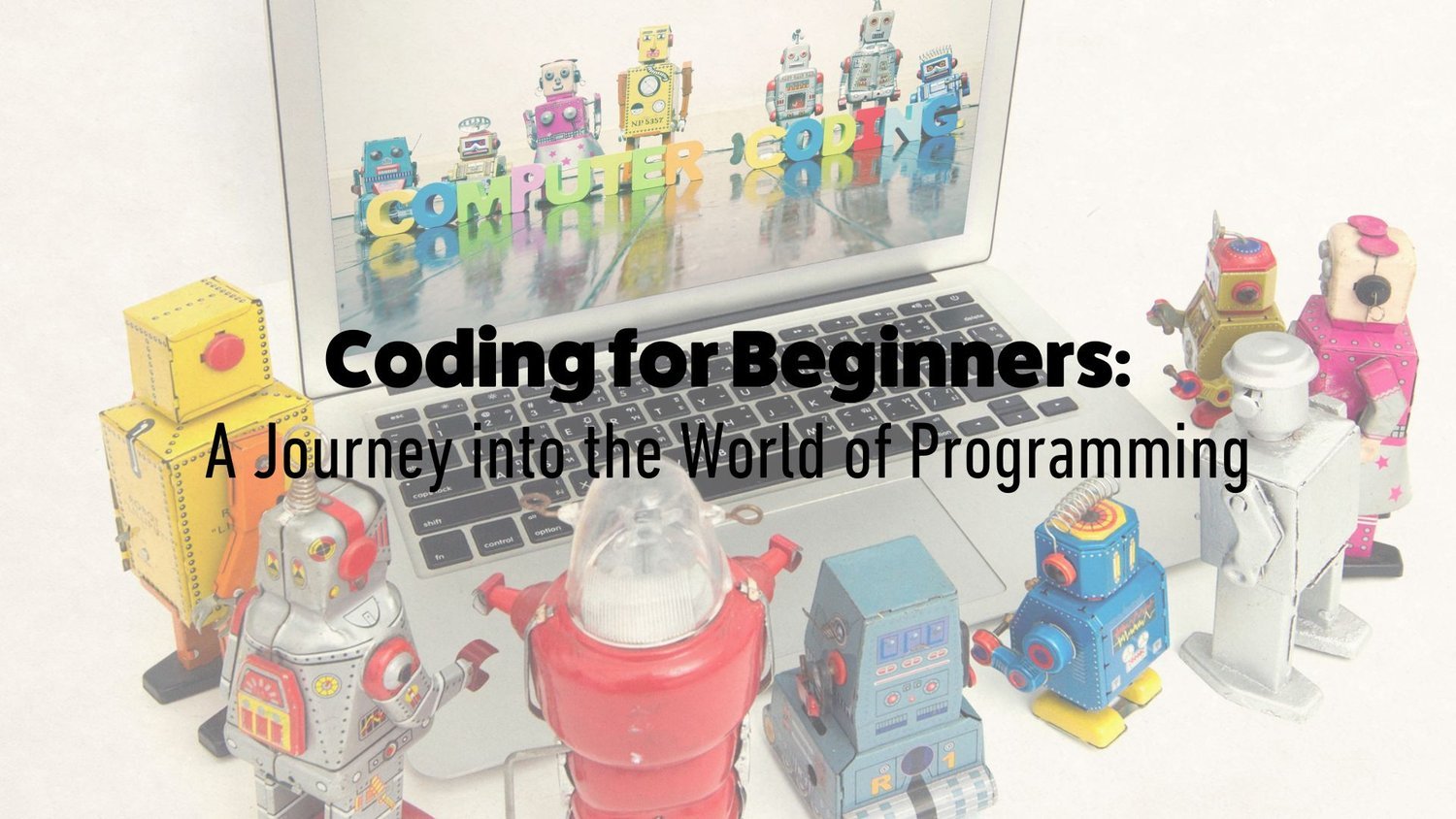Coding for Beginners: A Journey into the World of Programming
Are you intrigued by the world of coding but unsure where to begin? Learning to code can be an exciting and empowering journey that opens doors to endless possibilities. Whether you aspire to build websites, create apps, or simply want to develop a new skill, this blog post will serve as your guide to embarking on the fascinating adventure of coding for beginners.
1. WHY LEARN TO CODE?
Coding is more than just writing lines of text; it is a form of creative expression and problem-solving. From designing websites to automating tasks and building innovative software, coding empowers individuals to bring their ideas to life. By learning to code, you gain the ability to shape technology according to your own imagination and make a positive impact on the digital landscape.
2. CHOOSING THE RIGHT LANGUAGE
With a multitude of programming languages to choose from, it's essential for beginners to select a language that aligns with their goals and interests. Popular beginner-friendly languages include Python, JavaScript, and Ruby. Each language has its own strengths and areas of application, so take your time to research and experiment before settling on one.
3. ONLINE LEARNING PLATFORMS
Thanks to the internet, there is an abundance of online resources and learning platforms tailored specifically for coding beginners. Websites like Codecademy, FreeCodeCamp, and Udemy offer structured courses, tutorials, and interactive coding exercises to help you grasp the fundamentals. These platforms provide a supportive learning environment and allow you to progress at your own pace.
4. START SMALL WITH PROJECTS
One of the best ways to learn coding is through hands-on projects. Begin with simple projects like building a calculator, creating a basic website, or developing a game. As you gain confidence and knowledge, gradually increase the complexity of your projects to challenge yourself and deepen your understanding.
5. EMBRACE THE COMMUNITY
Coding is a journey best taken with others. Join coding communities, forums, and meetups to connect with fellow beginners and experienced programmers. Sharing ideas, seeking guidance, and collaborating on projects not only accelerates your learning but also fosters a supportive network that can inspire and motivate you.
6. LEARN FROM MISTAKES
Coding is a process of trial and error, and mistakes are an inevitable part of the learning process. Embrace the challenges, debug errors, and persist through difficulties. Every stumbling block presents an opportunity to learn and grow as a coder.
7. APPLY YOUR SKILLS
Once you feel comfortable with the basics, seek opportunities to apply your coding skills in real-world scenarios. Offer assistance to non-profit organizations, contribute to open-source projects, or embark on personal projects that align with your passions. Practical application not only solidifies your knowledge but also helps build a portfolio to showcase your abilities.
Conclusion
Coding for beginners is an exciting journey that holds immense potential for personal growth and professional opportunities. With determination, perseverance, and the right resources, you can acquire a valuable skill set that will empower you to create, innovate, and contribute to the ever-evolving digital landscape. Start your coding adventure today and unlock a world of endless possibilities!
About Inspirit AI
AI Scholars Live Online is a 10 session (25-hour) program that exposes high school students to fundamental AI concepts and guides them to build a socially impactful project. Taught by our team of graduate students from Stanford, MIT, and more, students receive a personalized learning experience in small groups with a student-teacher ratio of 5:1.

